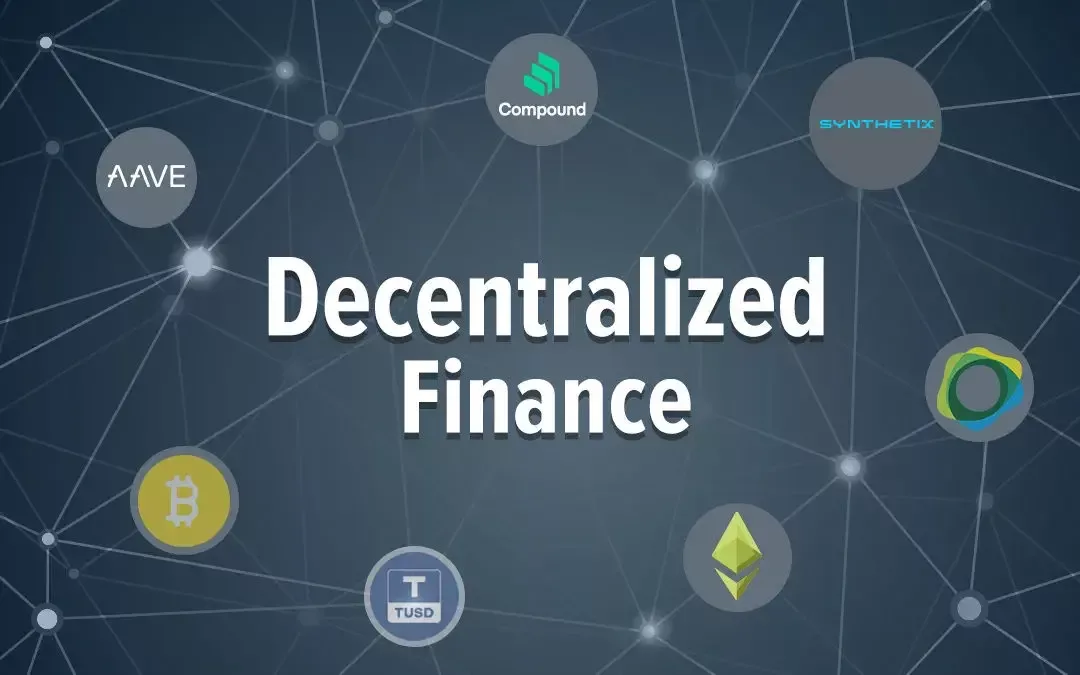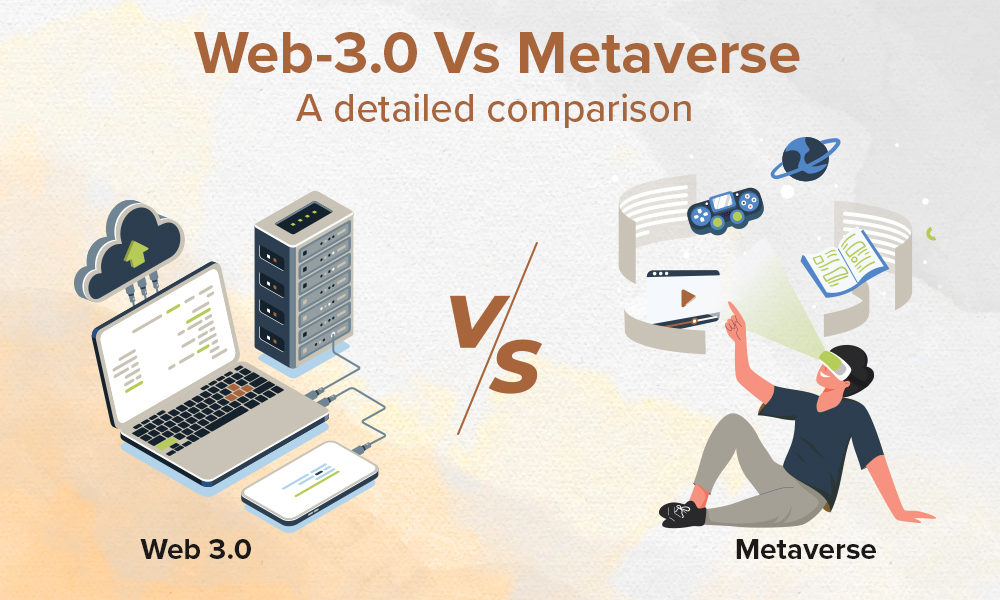Imagine an open financial world where every service we seek today – savings, transfers, loans, insurance, and investment etc. – are accessible to anyone in any country with a phone and internet connection. Today, the ability to borrow funds and sending money from one country to another in a few seconds, all that without reaching to any centralized authority define the needs of a modern customer. Decentralized Finance or DeFi is an ambitious concept based on blockchain that can make it possible.
What is Decentralized Finance (DeFi)?
DeFi is an ecosystem comprised of applications, protocols, and services built on top of distributed ledger technology to offer financial services.
The concept of DeFi or Open Finance goes back to 2018 when 15 decentralized projects joint together with a common goal of building a more open financial system. Today, DeFi is turning into one of the trending topics in the finance sector. In contrast to cryptocurrencies like Bitcoin or Ether, DeFi aims for a broader approach of decentralizing the traditional financial industry. The main aim here is to ‘open’ the financial market for everyone and remove intermediaries throughout the process.
“DeFi is to finance what cryptocurrencies are to money.” – Hackernoon
What is it for?
The traditional financial system has grown tremendously in recent years with digital services and advanced technology. However, several problems, including low transparency, long and tedious processes, and vulnerability to hacks, have always prevailed. These problems have hindered the industry from offering the best of services and customer satisfaction.
Decentralized Finance aims to create an open financial system where one can make a payment to another without needing to trust a central authority—a resilient financial system with better transparency and security for customers and businesses.
- Transparency – DeFi can usher a new era of financial transparency by enabling users to track every transaction and real-time access to data.
- Peer to peer – DeFi aims to eliminate intermediaries to enable transactions in a peer to peer fashion. It also eliminates the need to trust a third-party and reduces transaction cost.
- Technology – DeFi enables users to become more familiar with DLT, cryptocurrencies, stablecoins, smart contracts and more, resulting in a more modern and advanced financial industry.
DeFi has become the fastest-growing sector in the blockchain industry. More than 200 projects are operating on a massive variety of decentralized financial solutions. The volume continues to increase as new DeFi-related projects launch in the market. The total value locked into various DeFi services is currently more than $8.60 billion, according to DeFi Pulse.
Popular DeFi solutions in the market
Here mentioned are some of the popular DeFi solutions in the market.
Aave
It is an open-source and non-custodial protocol enabling the creation of money markets. Users can earn interest on deposits and borrow assets.
Uniswap
It is a fully decentralized protocol for automated liquidity provision on Еthеrеum.
Compound
It is a borrowing and lending platform offering rewards for anyone that borrows or supplies assets
RealT
It offers fractional real estate investment in tokenized assets with blockchain.
Synthetix
It is a protocol for trading derivatives on Ethereum such as bitcoin, gold, stocks, and more.
Conclusion
With the rapid increase in projects related to DeFi, the future seems bright. We are heading towards a new financial system which is more open and decentralized than before. It has the potential to be the next breakthrough in the blockchain industry after bitcoin. It is yet to be seen how we can reap the maximum benefits of DeFi solutions while minimizing the risk involved. For now, we can only analyze how things will play out in the blockchain space and the decentralized finance world.



.jpg)
